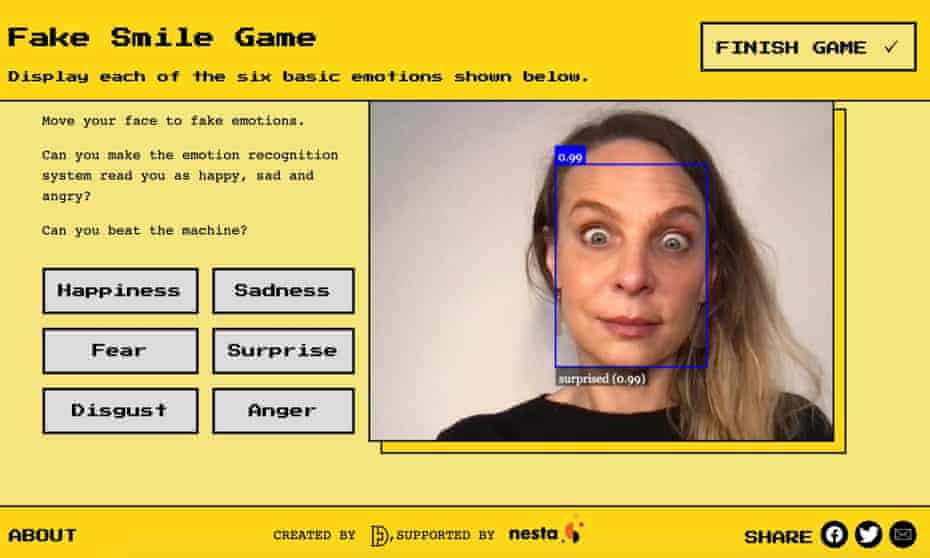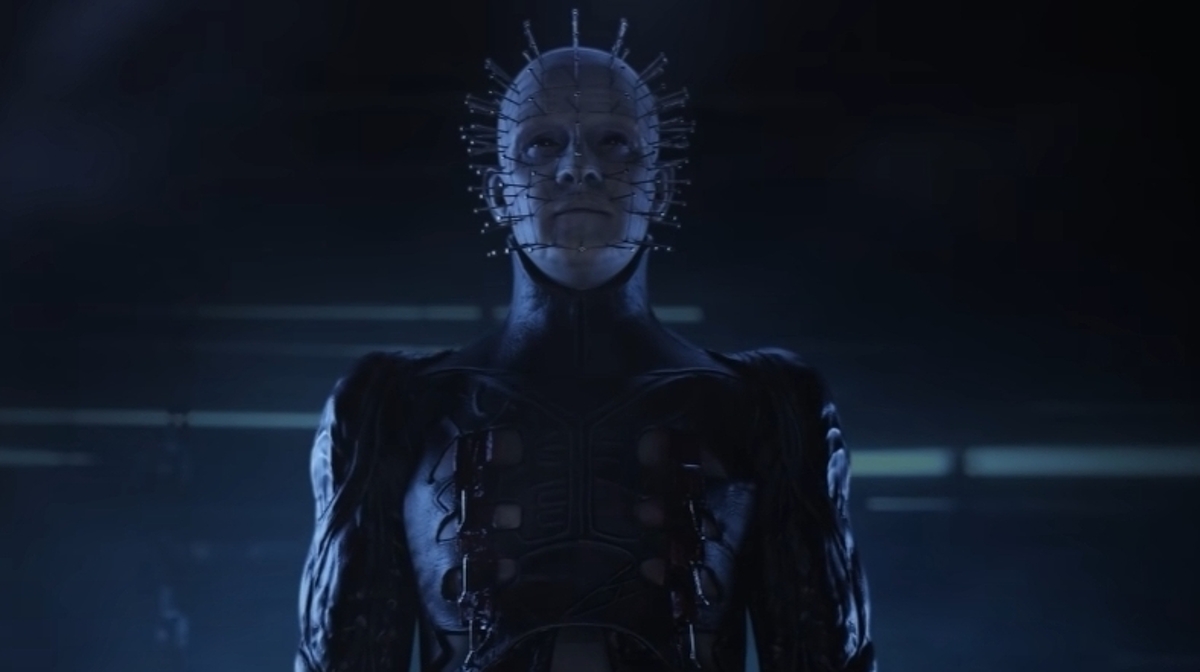Yoko Tawada’s new novel imagines a time in which language starts to vanish and the elderly care for weakened children.
I’ve just finished two brilliant and surreal works of post-climate fiction. One was Yoko Tawada’s The Emissary also called “The Last Children of Tokyo”. This novel follows a great grantfather who is healthy and active at over 100 years old as he raises his great grandson Mumei (“no name”) who is disabled by whatever disasters have washed over Japan. The country is also shutting down – entering another Edo period of isolation – making even language an issue. Unlike most post apocalyptic fiction this isn’t about what actually happened or about how people fight off the zombies; it is about imagining a strange isolated life where Japan tries for some sort of purity again. As such the novel comments on present, but aging Japan – a Japan that has forgotten the Fukushima disaster and is firing up their nuclear reactors again. At the end we find that Mumei might be chosen as an Emissary to be smuggled out of Japan to the outside world where the strange syndrome affecting youth can be studied.
For more see reviews After Disaster, Japan Seals Itself Off From the World in ‘The Emissary’ in the New York Times or Japan’s Isolation 2.0.
The second book is Harrow by Joy Williams. The novel takes place during the time when we deny there is anything wrong and depicts an America determined to keep on pretending nothing is happening. It is an America extended in harrowing fashion from our strange ignorance. The novel is in three parts and has religious undertones with the main character first called the lamb and then “Khristen.” The last book continually references Kafka’s The Hunter Gracchus, an obscure story about a boat carrying Gracchus that wanders, unable to make it across to the underworld. Likewise, America in this novel seems to wander, unable to make it across to some reality. The third book might be set in the time of judgement, but a Sartrean judgement with no exit where a child is judge and all that happens is more of the surreal same. As a reviewer points out, the “harrow” may be the torture instrument Kafka describes “In the Penal Colony” that writes your punishment on your back where you can’t quite see it. Likewise, we are writing our punishment on our earth where we choose not to see it.
See reviews like this one in the Harvard Review Online.






